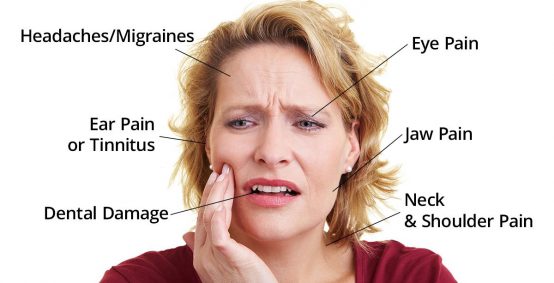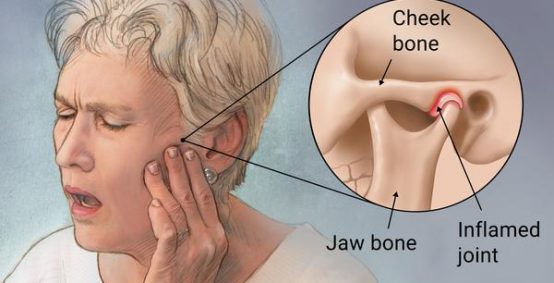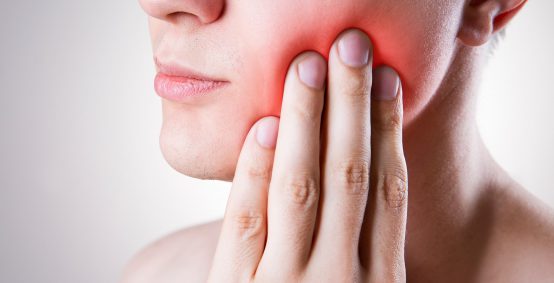TMJ Treatment
What is TMJ Treatment?
The TMJ, which stands for temporomandibular joint, connects your lower jaw to the skull. As with many other joints in the body, it can begin to experience problems over time, especially due to certain lifestyle habits and conditions. Patients with bruxism, or tooth grinding, may develop problems with their TMJ. Treatment of TMJ-related problems can help in relieving pain, inflammation, and discomfort of this joint.

Why is TMJ Treatment needed?
If TMJ problems are allowed to get worse, you may find that more extensive treatment is needed. With early treatment, the joint can be relieved of pain and inflammation, helping it feel better. You will find that treatment of the condition improves your ability to open and close your mouth fully, while reducing your pain and discomfort. Our goal is to provide you with TMJ treatment that works for you, and is a beneficial option for your overall dental health.

Yesterday was my first time visiting Carolina Smile. It’s always a bit nerve wrecking when going to a new dentist but Tessa made sure I was comfortable from start to finish! She was fun, personable and very knowledgeable. Dr. Sheftall, I feel, treated me as if I was his own. He answered all my questions in a way that I could understand and gave me advice in a way that was easy to implement. God’s blessings this amazing team! I look forward to my next visit and have already been telling others about my amazing experience.
Jasmine Smith
What makes you a good candidate for TMJ Treatment?
Before you come in for treatment of TMJ-related issues, we will perform an exam. We will check the joint’s mobility, and determine whether it cracks or snaps when you open or close your mouth. X-rays and other images may be necessary to detect a problem with this joint, and these images will help in creating a treatment plan. We will work with you to find a treatment option that is best suited to your needs, helping you experience less pain and discomfort related to the TMJ.

What happens during TMJ Treatment?
TMJ treatment is specific to the patient dealing with the discomfort and pain of the joint. For mild TMJ problems, medications and physical therapy should be enough to help. For more severe cases of TMJ-related pain, surgery and injections may be required.
You will come in for an exam prior to having any treatment administered. Some of the most common treatments available for the TMJ include:
- Physical therapy
- Surgery
- Injections
- Hot/Cold therapy
- Pain medication
If you are experiencing problems with your TMJ, and would like to come in for treatment, call our office today and we will answer all of your questions.

